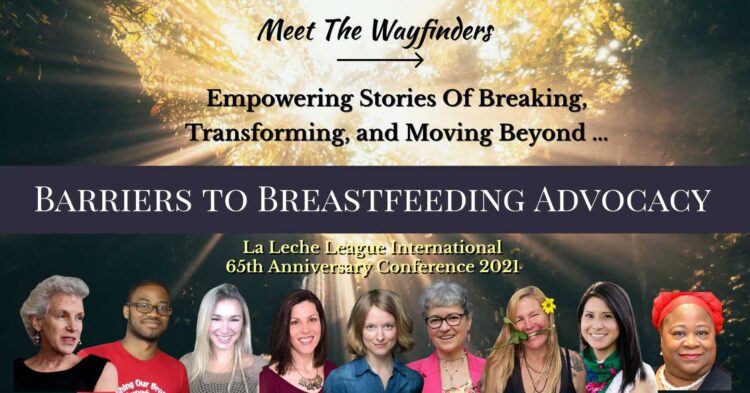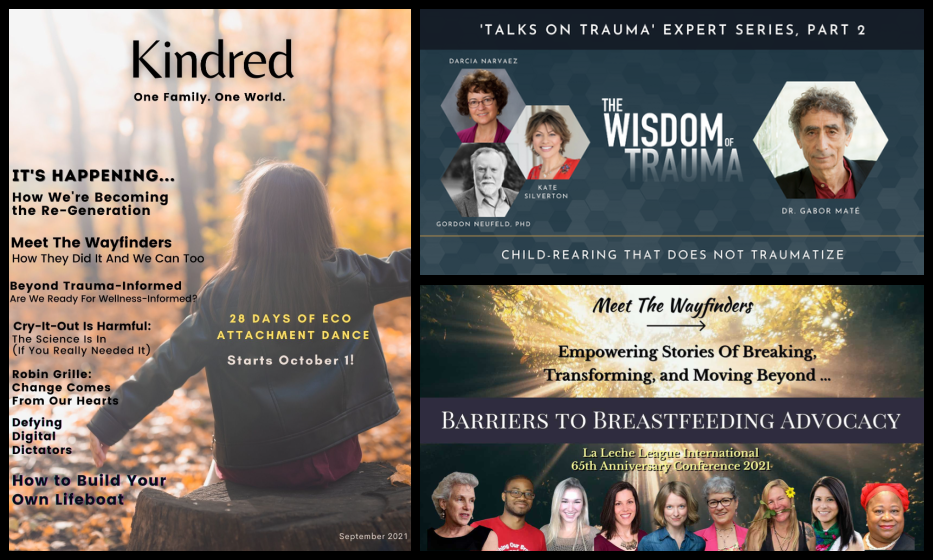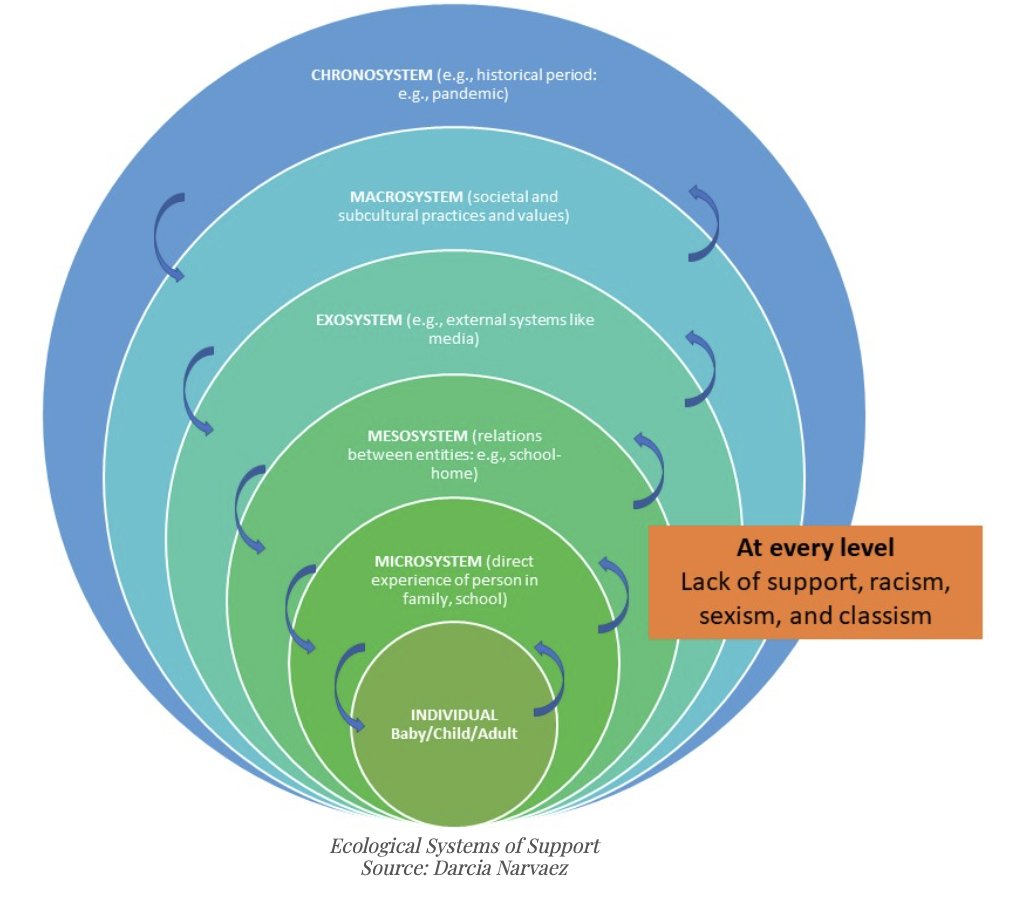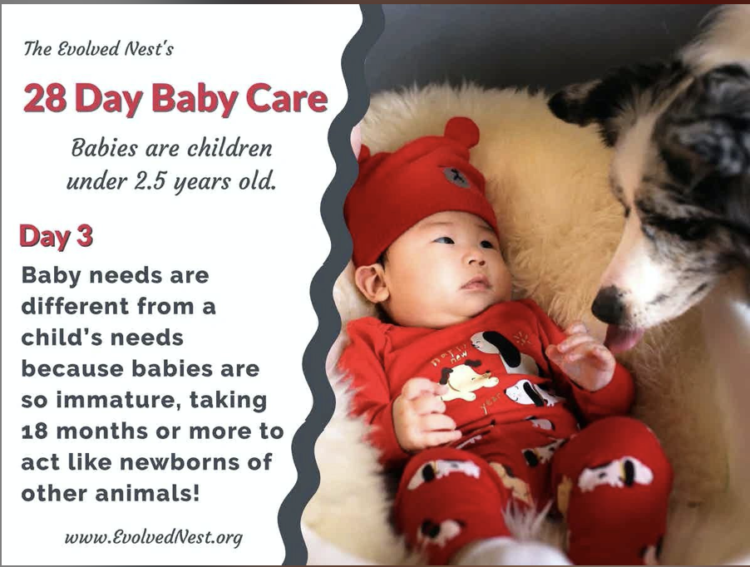
Letter from the Editor, Kindred’s September 2021 Newsletter
Dear Kindred,
The many calls from many directions this year for support for working families in America is welcome and hopeful. Just peek at the bottom of this newsletter to see the many new policies being considered to address America’s documented 50 year-long drop to the bottom of all developed nations’ rankings on child and adult health, as well as our notorious status as the “worst place to raise a family in the developed world.”
What is really driving the sudden, widespread interest in moving American families into a (supposed) more sustainable way of life in a culture firmly fixated on profits not people? America’s “hatred” of its families, children, mothers,fathers, and babies has been acknowledged in the press for decades. Perhaps it is the recent hopeful headline, and many like it, by Robert Buonaspina: Creating a Care Economy Can Transform U.S. Into Highly Functioning Society, that is catching the attention of employers trying to patch together a burned-out workforce in a post-pandemic labor shortage.
Take a minute to look at the Ecological Systems of Support graphic in this post and you will see the necessity of systemic support for families. Should these proposed bills and policies pass, the impact on American families for generations will be epic, as has been their absence.
in hindsight, it is no wonder that conscious parenting as a movement has been castigated as an elitist proposition in America in the past forty years as inequality skyrocketed and a two-income household became necessary during the same time period. As Darcia Narvaez has written in the four-part Kindred Series on What Happened To Mothering? “There are many contributing factors to how we got to the place of dismissing mothering:
- A reactionary feminist movement in the 1960s-70s sought to throw out whatever looked coercive to women, or made them look biologically tethered, like mothering.
- In Western societies where the constant refrain is on individual responsibility and personal grit, it’s easy to believe that children too have to make their own way and parents should be encouraging independence from the get go. Forcing babies into independence has the opposite effect (dependence and ill health) because they are still like fetuses of other animals till about 18 months (Trevathan, 2011). They do not have the capacities to regulate themselves (what looks like “self-comfort” is shutting down or moving away from relationships). The various scholars we have been reviewing to show us what loving early life care looks like and why it is important would disagree that peers are more important than parents, as some have argued. Parents set the trajectory for a healthy thriving life or not.
- Inequality in the USA has increased for 50 years, depressing wages so that a single-wage family could not maintain their desired standard of living, necessitating married women (and mothers) to work.
- Unlike all other advanced nations, the USA has no paid parental leave, no universal childcare or healthcare. Thus, multiple forces have driven women to argue that mothers and mothering don’t matter that much.”
Additionally, and specific to breastfeeding, formula companies, moved in to aggressively convince mothers their breastmilk was replaceable. “The mommy wars are leveraged as marketing tools by infant formula makers and other business interests by creating mom types and then pitting them against each other,” writes Kimberly Seals Allers in The Big Letdown: How Medicine, Big Business, and Feminism Undermine Breastfeeding.
While the new proposed public policies are welcome, they do not represent, or go far enough, to support the shift in consciousness needed to move us into a heart-centered, life-affirming worldview capable of creating sustainable humans.
What if the discussions we’re having now on family support policies were centered around the needs of the infant, and how a Whole Child Wellness Model, our evolved nest, is required to create a healthy, sustainable, adult human being?
Notice how, in her recent post in TIME magazine, Melinda French Gates succeeds in defending a need for paid parental leave without once mentioning the needs of a baby? The focus of the post is on the worker/employer relationship. Why isn’t the possibility of being a stay-at-home parent on the table in the current debates and negotiations? Even before the pandemic, Millennials expressed their desire to be at home with their babies and children.
While America’s workforce needs are changing, the needs of a rapidly growing infant brain and nervous system are not. And as all of our contributors at Kindred point out, especially in this issue, these unresolved, unmet needs of our infant and childhood do not go away. They are right here with us still, waiting to be acknowledged, healed, and freed so that we may advance to our next level of wellbeing.
If you are new to Kindred, you may not realize that we are not a parenting magazine; we are a human family alternative media platform. We discarded the pursuit of conscious parenting in an unconscious culture a while back, and left those posts to coaches and therapists. To borrow a phrase, we don’t want to reinvent the hamster wheel by helping parents conform to our Cycle of Competitive Detachment, we want to break the hamster wheel. (See Breaking the Cycle and Meet the Wayfinders on how this is done.) What we are exploring here at Kindred is our potential as a species on the brink of extinction to reclaim our whole humanity, bound up in our millions-year-old neurobiology and restored through our evolved nest.
Here’s how you can find out more about our divergent strategies for living into our full potential and capacities this month:
- Watch the Breaking the Cycle film and join us next week for a LIVE discussion. You can also use the film guide on the BTC site to create discussion groups.
- Watch Beyond Trauma-Informed to discover our Wellness-Informed potential, and needed shift in perspective
- Listen to Robin Grille share insights with college students, in our Kindred Fellowship Program, on how our inner child impacts our social change activism
- Join me and at the La Leche League International conference to Meet the Wayfinders. Nine barrier-breaking breastfeeding advocates who created change through personal action and abandoning Hamster Wheel Activism.
- Join Darcia Narvaez in this month’s reprise of the Wisdom of Trauma with Gabor Maté, but first, listen to her sing a catchy ditty she wrote for October’s Eco Attachment Dance celebration! You can listen to the song below, and then try to stop singing it!
- Join our Mighty Networks for discussions
- And please,support our nonprofit work with your tax-deductible donation!
Enjoy your September Kindred newsletter below. And happy autumn!
editor@kindredmedia.org
Kindred Media, Editor
Kindred World, Co-Founder





What a wonderful letter, Lisa!
Just one little comment about how immature human newborns are. In general, yes. However…
We are PLACENTAL, “carrying”, mammals, born a little less mature than other primates, and take much longer to develop. OTOH, some placental “caching” mammals (eg dogs) are even more immature for a short time, eg, born before their eyes can open, but they develop quickly.
However, MARSUPIAL (ie non-placental) mammals are “born” (ie leave the uterus) much more immature than we are! The blind, embryo-like neonate has the reflex to crawl into his mother’s pouch, where there is a handy supply of milk, and then stay there until quite well developed, can walk, etc.
I like to think of humans as more like marsupials, where the mother’s arms are the pouch. As Ashley Montague described this phase, “A womb with a view” 🙂